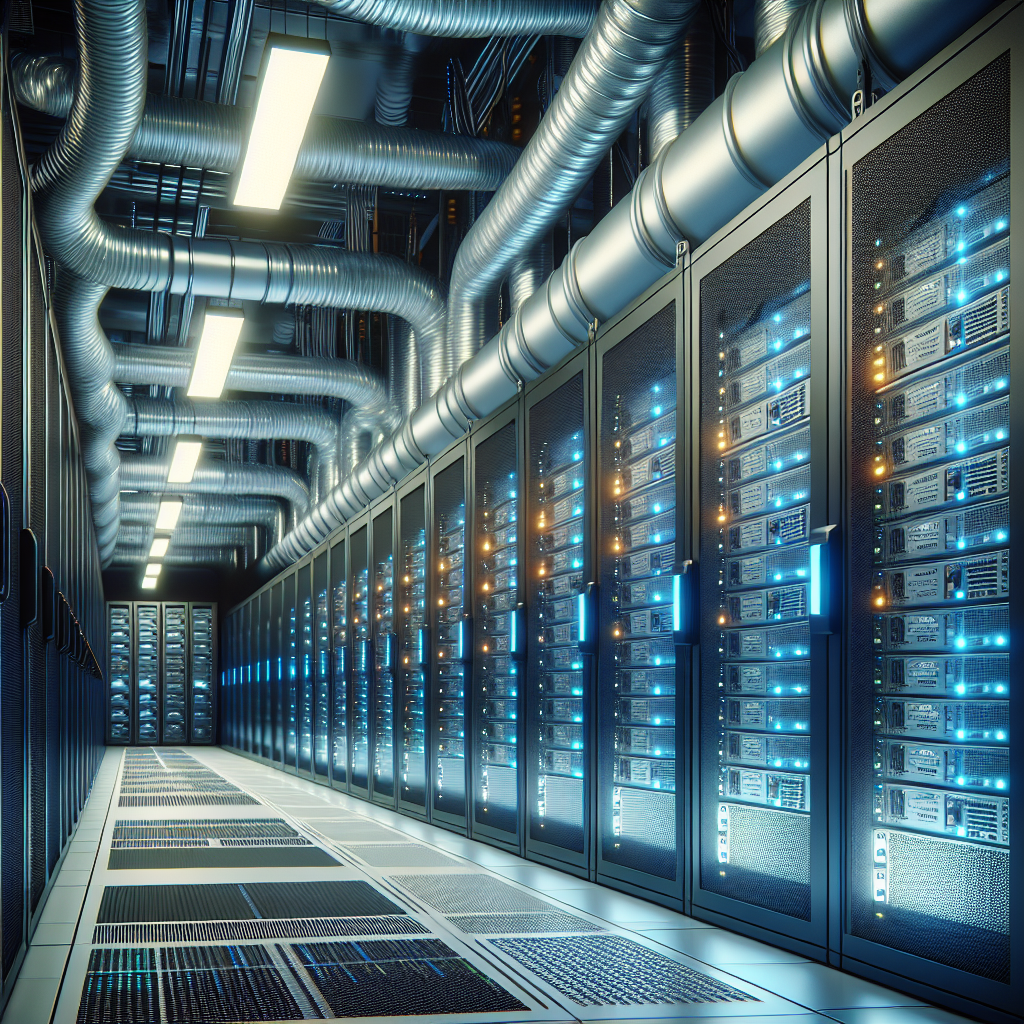Data centers are the heart of any organization’s IT infrastructure, housing the servers and networking equipment that keep businesses running smoothly. However, these facilities can consume a significant amount of energy, with a large portion of that energy being used to cool the equipment and maintain optimal operating temperatures.
Optimizing data center HVAC (heating, ventilation, and air conditioning) systems is crucial to ensure peak performance and energy efficiency. By implementing best practices and utilizing advanced technologies, data center operators can reduce energy consumption, lower operating costs, and improve overall performance.
One of the key strategies for optimizing data center HVAC is to properly design the layout and airflow of the facility. Hot and cold aisles should be arranged in a way that maximizes airflow and minimizes hot spots. Using containment systems such as curtains, doors, or panels can help to isolate hot and cold air, preventing mixing and reducing the workload on HVAC systems.
Another important factor in optimizing data center HVAC is regular maintenance and monitoring of equipment. Filters should be cleaned or replaced regularly to ensure proper airflow, and equipment should be inspected for any signs of wear or malfunction. Monitoring systems can provide real-time data on temperature and humidity levels, allowing operators to make adjustments as needed to maintain optimal conditions.
Investing in energy-efficient HVAC equipment can also help to optimize data center performance. High-efficiency cooling units, such as in-row or overhead cooling systems, can provide effective cooling while reducing energy consumption. Variable speed fans and pumps can adjust their speed based on workload, further improving efficiency.
Utilizing advanced technologies such as thermal imaging and computational fluid dynamics can also help to optimize data center HVAC. These tools can provide detailed insights into airflow patterns and temperature distribution, allowing operators to make targeted improvements to optimize cooling efficiency.
In conclusion, optimizing data center HVAC for peak performance is essential for maintaining efficient operations and reducing energy consumption. By implementing best practices, regularly maintaining equipment, investing in energy-efficient technologies, and utilizing advanced tools for monitoring and analysis, data center operators can achieve optimal performance and lower operating costs. Ultimately, a well-optimized HVAC system will not only improve the reliability and performance of the data center but also contribute to the organization’s sustainability goals.


Leave a Reply